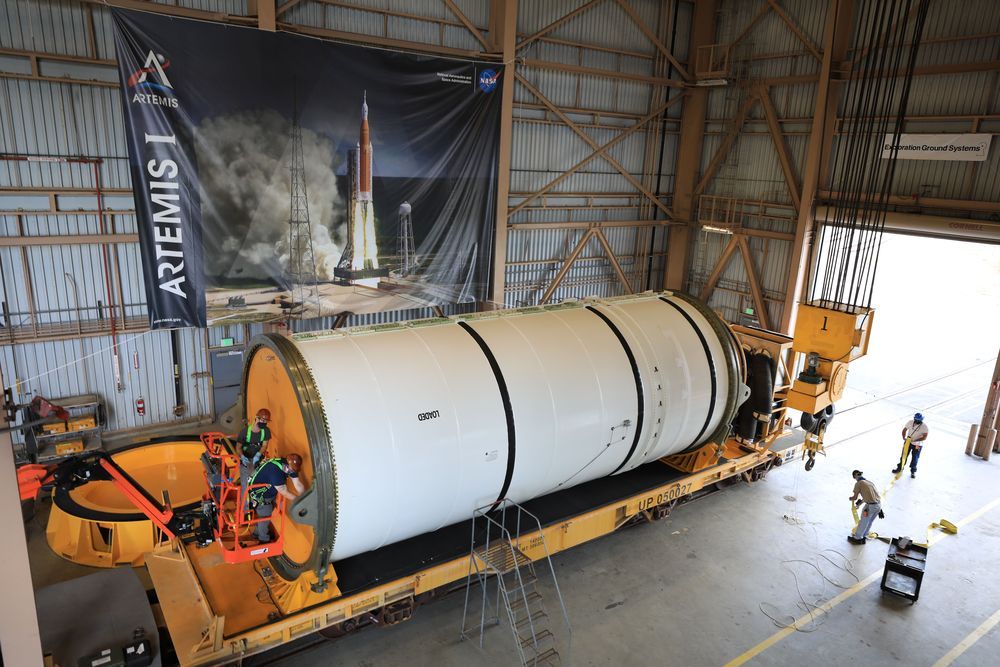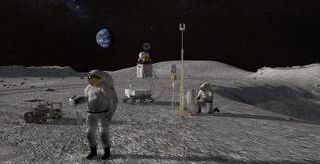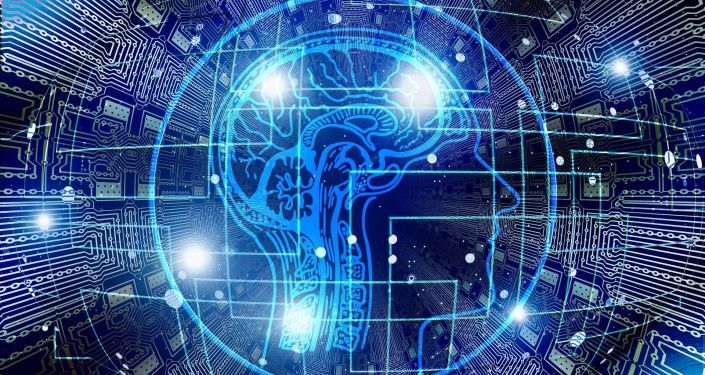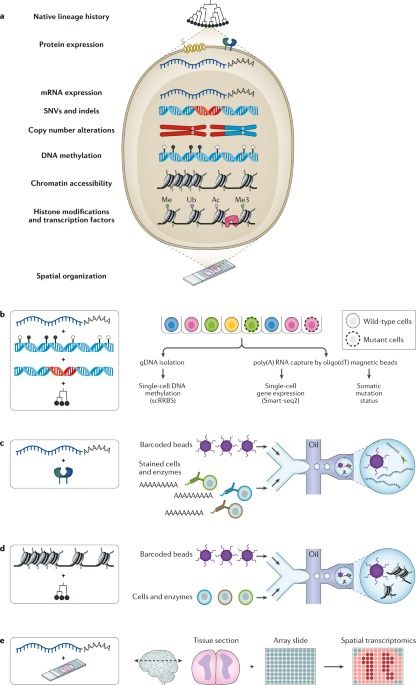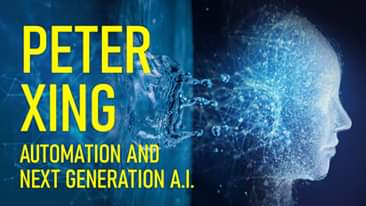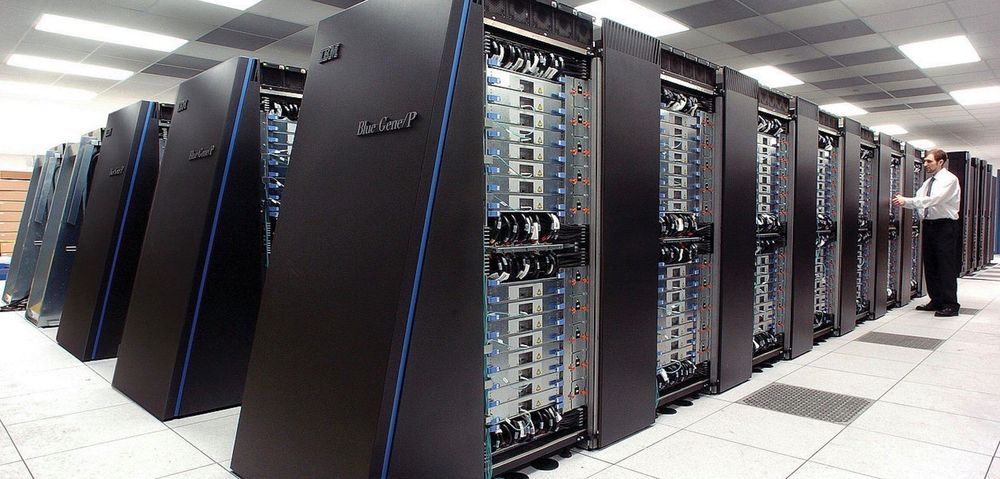
A Sound Treatment
Ultrasound is an oddball in the neuromodulation world. Similar to its better-known siblings, such as transcranial direct current stimulation (tDSC) or transcranial magnetic stimulation (TMS), ultrasound changes how neurons fire, which in turn changes their computational output—what we observe as learning, memory, and other behaviors. This idea, dubbed neuromodulation, has taken the neurological world by storm for its near “magical” efficacy for treating people with depression who don’t respond to antidepressants, or people with Parkinson’s disease whose movement patterns are severely disrupted.
Compared to first-generation neuromodulation, where the brain-tweaking gadget is surgically implanted into the brain, ultrasound offers a way to “hack” neural firings from the outside. In a way, the technology uses sound waves to mechanically “shake” the neurons in a circuit back into sequence, so they function in sync as needed and control subsequent outputs like learning, thinking, memory, and decision-making.
